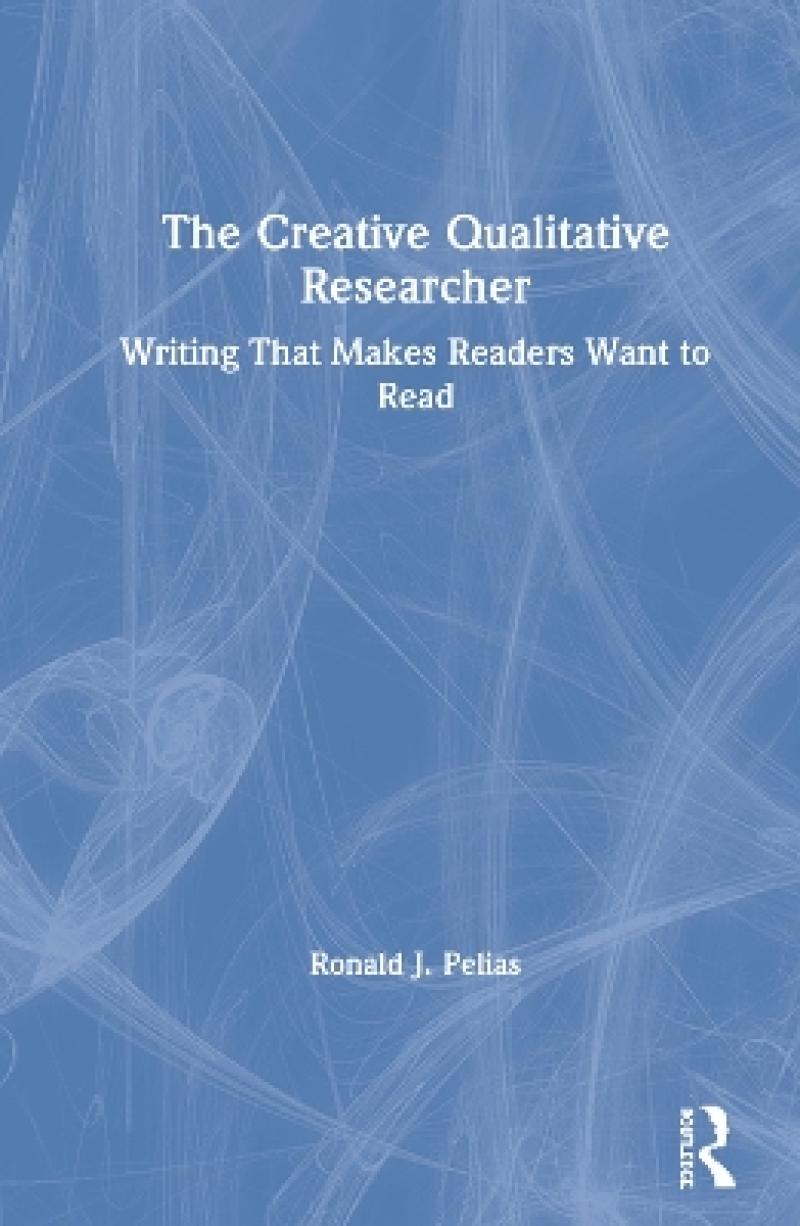Produktdetaljer
Biographical note
Ron Pelias taught performance studies from 1981-2013 in the Department of Communication Studies at Southern Illinois University, Carbondale, and is currently Adjunct Instructor of Theatre, School of Music and Performing Arts, University of Louisiana at Layfayette. He works on the stage primarily as a director and on the page as a writer committed to non-traditional forms of scholarly representation. His most recent books exploring qualitative methods are Leaning: A Poetics of Personal Relations (2011), Performance: An Alphabet of Performative Writing (2014), and If the Truth Be Told: Accounts in Literary Forms (Sense, 2016).
Ron has has published 7 books, 1 co-authored edited book, 65 journal articles, and 18 book chapters. In addition, he has adapted, complied, or written 32 performance scripts/plays and staged them for public audiences, several at national and international conferences. He has also published poems, fiction, and essays in 82 different literary journals. He has been given the Lifetime Achievement Award in Qualitative Inquiry, International Congress of Qualitative Inquiry, 2017; named as an Outstanding Scholar for the College of Liberal Arts, Southern Illinois University; and received the Distinguished Service Award from the Performance Studies Division of NCA. The National Communication Association, Central States Communication Association, and the International Congress of Qualitative Inquiry have sponsored programs honoring his contributions to the field.
